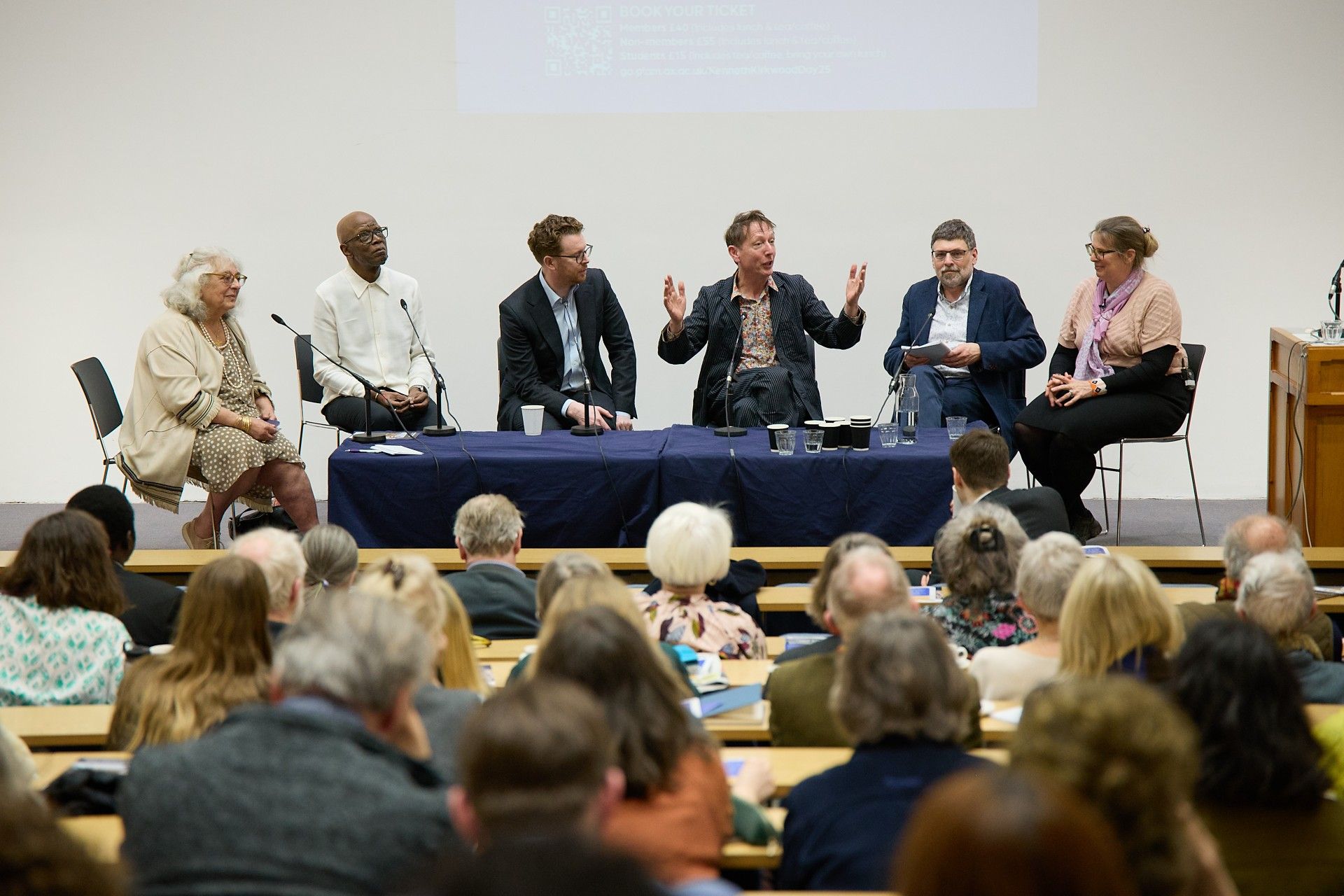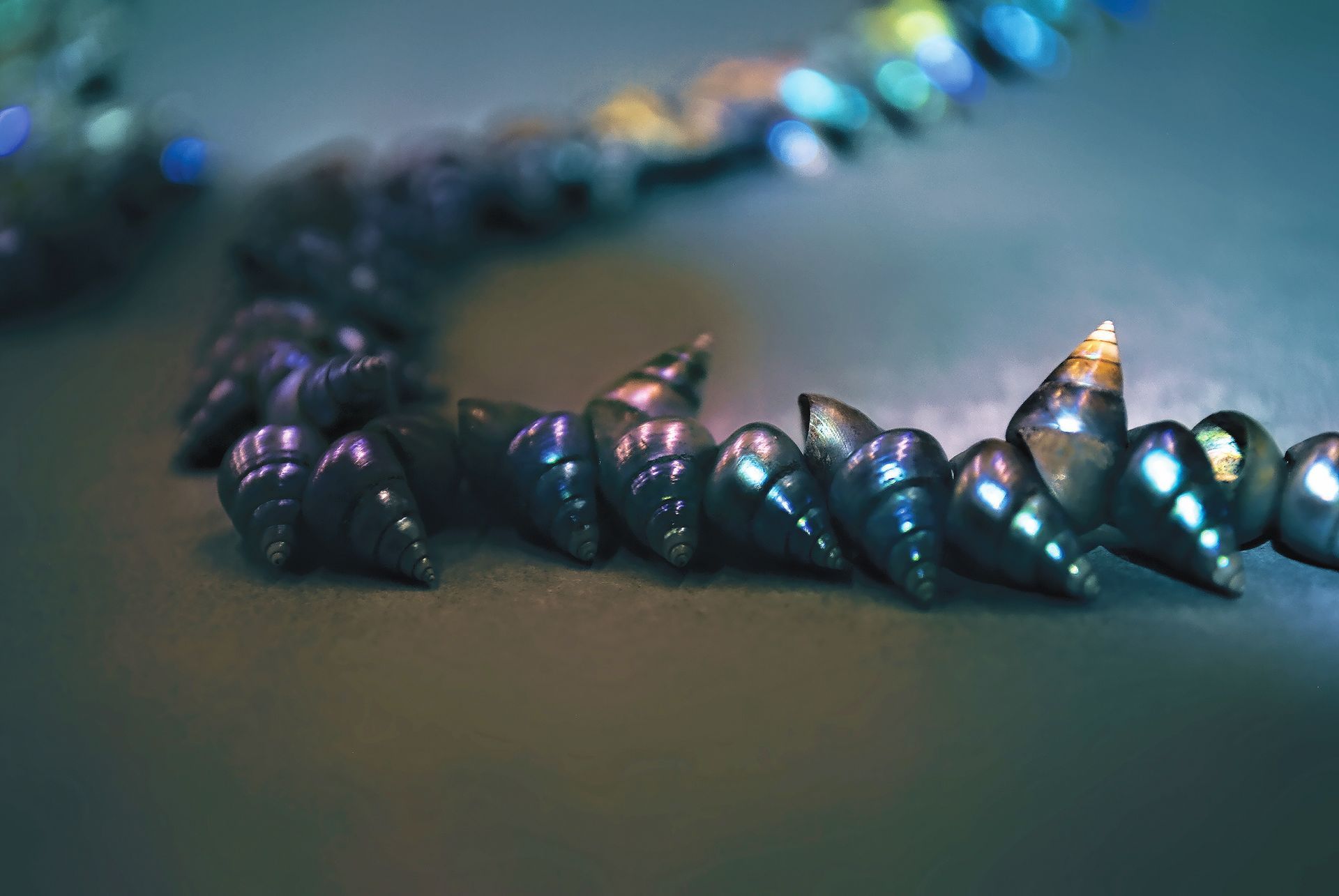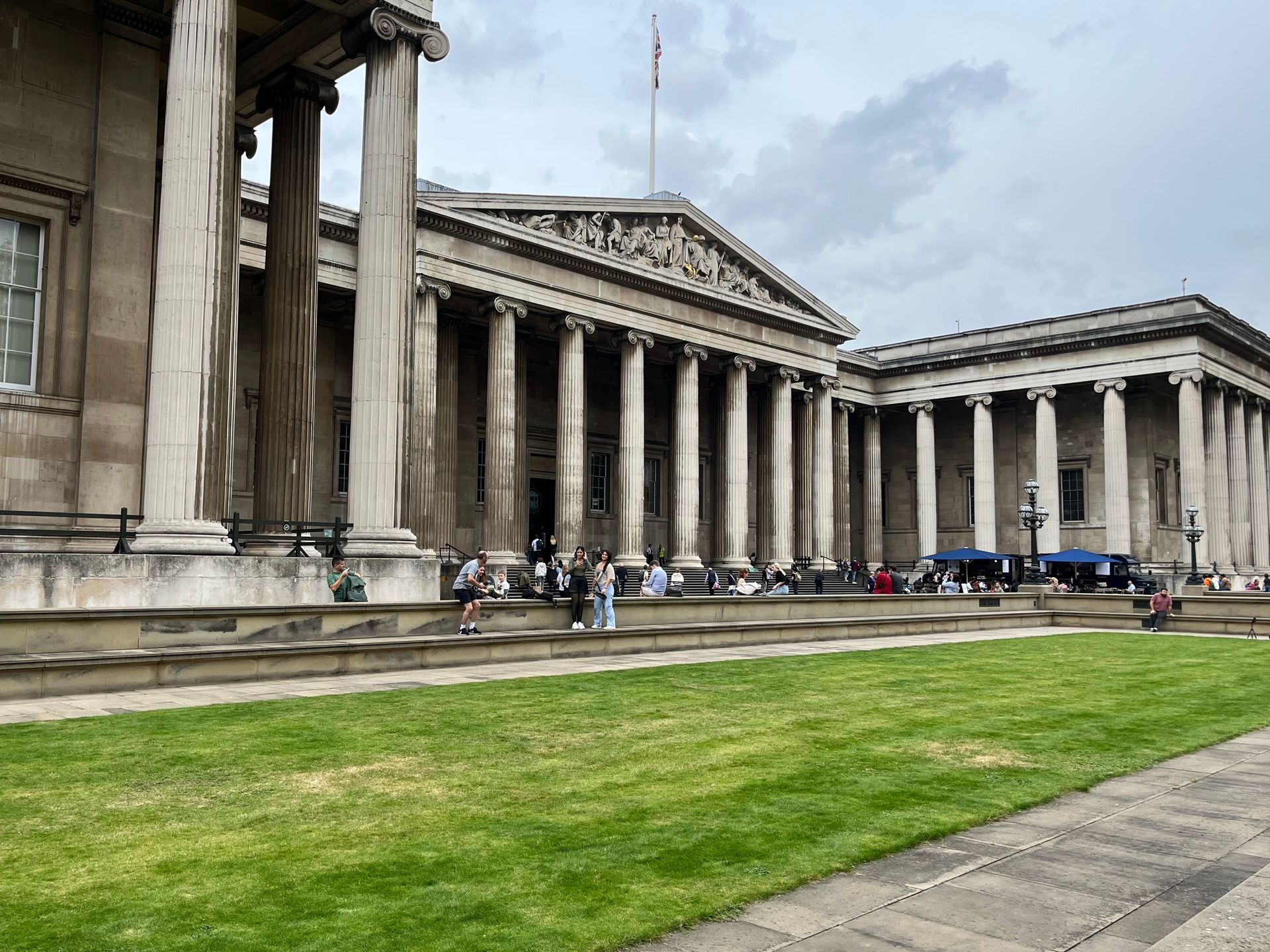Cultural Restitution
SHARE ARTICLE
Laying Ancestors to Rest pulls no punches. The recommendations made in a new policy brief published by the All Party-Parliamentary Group on Afrikan-Reparations (APPG-AR) include making the sale of human remains illegal and putting an end to the public display of all ancestral remains.
A 'respectful repatriation' to their countries and communities of origin should follow, says the report.
A total of fourteen recommendations were presented to the UK Parliament this week, following research conducted by the African Foundation for Development (AFFORD) into the ethical and legal challenges surrounding the sale and exhibition of African ancestral remains. The research envisages the establishment of a national, independent Human Remains Advisory Panel, modelled on the lines of the UK Spoliation Advisory Panel, which was created to resolve claims to recover cultural items lost during the Nazi era.
But whether it’s even possible to repatriate all of the thousands of human remains held in UK collections is a complex matter. AFFORD recognises this and acknowledges not all communities are demanding returns. They also appreciate that different cultures hold different beliefs about how human remains should be treated. But as the Labour chair of APPG-AR Bell Ribeiro-Addy MP points out, “the continued presence of these remains in British institutions causes profound distress to diaspora communities and countries of origin, particularly when they are displayed or sold at auction”.
Were all human remains to be removed from exhibition, some museums would look very different. Think, no Egyptian mummies at the British Museum! But pressure from both the public and the media to speed up the repatriation of human remains is mounting; museum guidelines on the retention and display of human remains - including those at the British Museum - are coming under scrutiny.
So, will this research help in accelerating the pace of repatriations? And will Parliament accept its share of responsibility to correct what the Group describes as a ‘legislative vacuum’ by introducing amendments to the Human Tissue Act 2004?
Thousands of human remains have been repatriated by UK institutions since the 1990s, primarily when reliable identification has made it possible to repatriate those remains to source communities. It's also becoming common practice in reviewing collections to consider their complete removal from public exhibition. A notable example was the decision taken by the Pitt Rivers Museum, Oxford in 2020, involving the removal of an extensive collection of tsantsa (‘shrunken’ heads) and other human remains from public display. Instead of helping visitors to reach a deeper understanding of each other’s ways of being, the museum was concerned the display of these tsantsa only served to reinforce racist and stereotypical thinking.
‘The existence of African ancestral remains collections in UK museums and other cultural institutions should be understood as continuous acts of displacement and objectification of human beings.’
Laying Ancestors to Rest, Policy Brief
Meanwhile, records of identification and provenance in museum collections are often poor or even non-existent. Such was the pseudo-scientific rush to acquire human specimens during the colonial era that accurate record-keeping was often overlooked!
For the last 30 years, Zimbabwe has been trying to recover the skull of Mbuya Nehanda, one of the heroes of that country’s first revolutionary struggle against British colonial rule. Hanged and then beheaded, it’s believed her head, along with the remains of other resistance fighters, were shipped to Great Britain as trophies of war. Enquiries Returning Heritage made to London’s Natural History Museum in 2022 (the place it is thought the remains are held) failed to yield any evidence the remains had ever been there.
The Natural History Museum holds a huge collection of 20,000 human remains and when we asked specifically about the location of Mbuya Nehanda’s skull we were told, “The information available does not provide names or precise identities for these people.”
One abhorrent practice where, hopefully, the Group’s research will lead to more immediate regulatory change is the banning from sale of human remains via auction houses and social media platforms such as Instagram and Facebook. It’s hard to understand how this practice can still be permitted.
Otherwise, the Group's campaign success will depend critically on whether Parliament can be persuaded to amend the Human Tissue Act 2004. This will be problematic. The definition in the Act of what constitutes human remains is not straightforward and although the Human Tissue Authority, established in 2005, introduced regulations covering some elements of human tissue (but not nails or hair), section 14 of the Act still specifically excludes the human remains of people who died more than 100 years before the Act came into force.
Understandably, the Group is demanding the Act should now be amended to regulate all human remains – without exceptions. Their public exhibition, except where appropriate consent is obtained or for religious or funerary purposes, should be made an offence; museums and any other UK institution holding ancestral remains will be required to obtain a licence from the Human Tissue Authority for their storage.
APPG-AR hope that greater engagement on this issue by wider civil society, combined with increasing public support for the repatriation of human remains will encourage government, museums and other institutions to implement their recommendations. Over the longer term, there's little doubt that progress towards these goals is inevitable. But patience will be essential. A re-engineering of collections will be required before all human remains can be removed from exhibition. That will take time and resources that museums currently don't have.
Laying Ancestors to Rest, Policy Brief by APPG-AR, March 2025
After this was written....
At a debate held in the House of Lords following publication, Fiona Twycross, a junior minister in the Department for Culture, Media and Sport, said that incomplete databases and collections make it hard to know where human remains are being kept, but said the report's recommendations "will inform the government's consideration" of the issues. Contributing to the same debate, Lord Boateng described the trade in human body parts as an "abomination" and criticised the British Museum for refusing to return several preserved Maori tattooed heads, as well as the skulls of two named individuals from the Torres Strait Islands.



